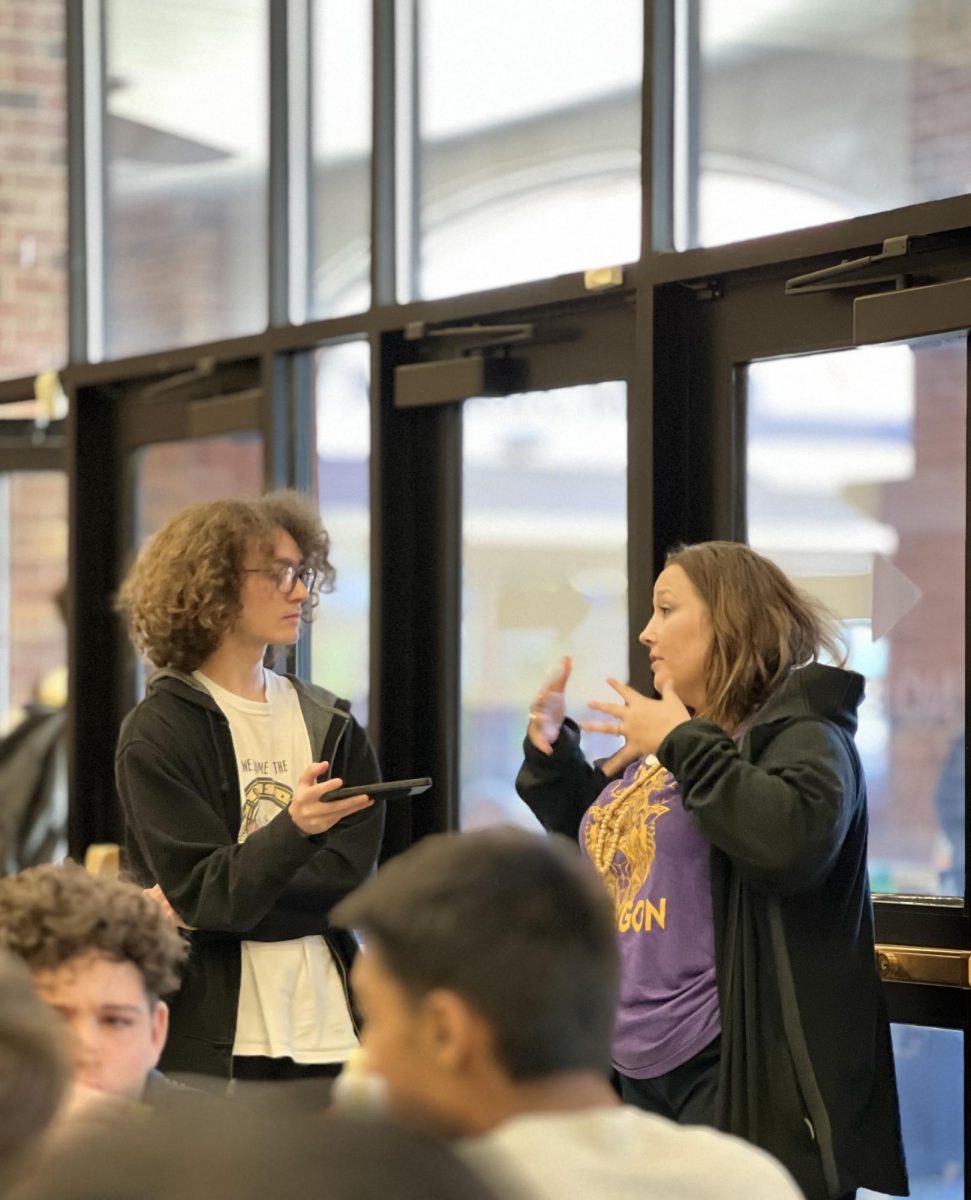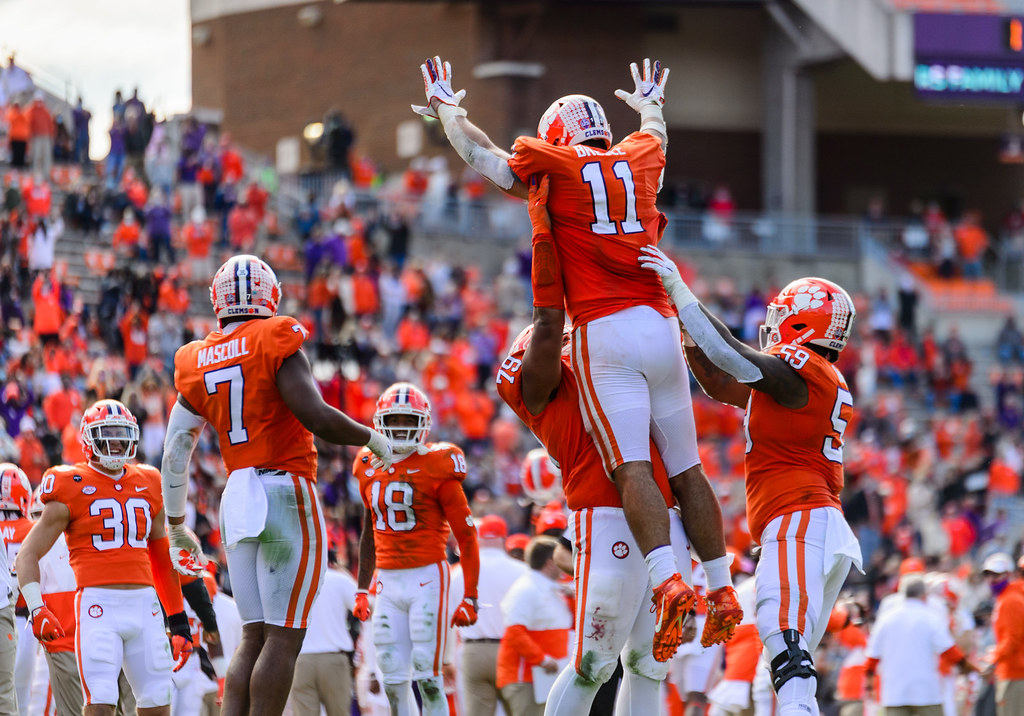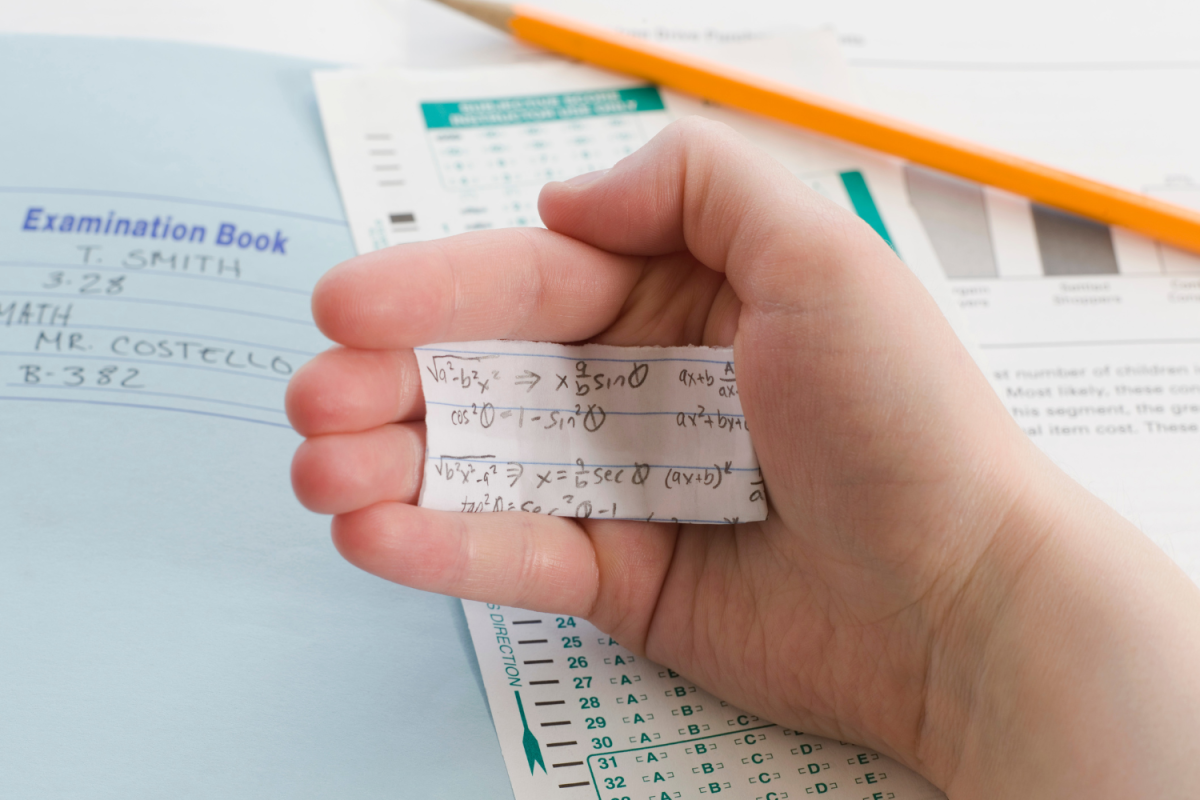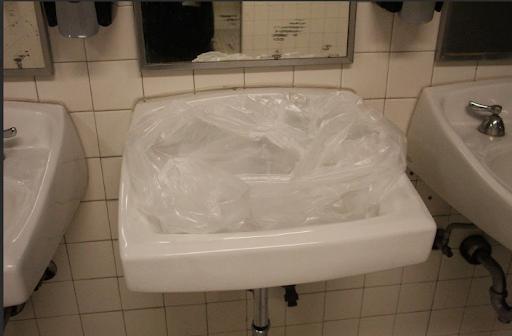Many students have been caught off guard by the major changes in Hickman this back-to-school season. Between the Weapons Detection Systems, the new cell phone policy, and the digital hall pass system, Hickman is a completely different environment than last school year.
In light of these changes, the P&G has written an editorial to express our views on the policy changes.
Weapons Detection System
The new policy that has been talked about the most is the Weapons Detection Systems. This is likely due to the struggles Hickman administration, teachers and students have had with the detectors.
Waiting outside the West Entrance for upwards of 40 minutes, missing a third of class and the detectors going off at marginal quantities of metal within school supplies, forcing students to stay in lines for even longer are daily grievances Hickman students deal with.
This experience is contradictory to the “Key features of the OPENGATE®” on the Weapons Detection System page on the CPS Website. These features are “Fast and automatic operation,” however, it isn’t fast and requires a lot of staff to work the system. The system boasts “No need to remove backpacks, bags, or purses,” but, students do need to remove binders, computers, and notebooks. Lastly, the detectors are “Designed for easy, continuous flow,” however, the lines are a stressful, slow process.
The P&G believes that the weapons detection system is not sustainable in its current state. However, P&G does believe that there should be higher security than last year because gun violence is a huge issue in America.
This doesn’t change the fact that students are missing lunch, coming in late to school, even if they get there on time and waiting in lines that would make a roller coaster jealous.
All these issues are compounded by the fact that this week there was extra help that will not be available for the whole year.
“This morning, our superintendent, our Chief Financial Officer, our chief of schools, they were all here helping us, along with almost, I think it’s 10 people total,” Hickman Principal Mary Grupe, said.
The extra help district staff has given Hickman over the first week is not permanent.
Not only will the current help that Hickman has been relying on go away, but more hurdles will come. Students have not had a school ID to present, however, once the IDs come out, they will become another potential hindrance to the speed of the process because students will have to present them when entering the building.
Additionally, students will have another, quite literal, barrier in between the Fine Arts building and the main building which will block students from parking in the East Parking Lot. This will increase the already long walk from the east side of the school to the West Entrance, which students will still be required to enter through.
The system has been improving over the last couple days but still has a long way to go to be a sustainable security solution.
These factors have led P&G to believe that the Weapons Detection System needs to improve to accommodate students.
It is up to the district to give Hickman the resources it needs to create a safe environment for students to learn.
The Weapons Detection Systems, however, have not been the only change at Hickman this year.
New Cell Phone Policy
Students have been shocked by the new cell phone policy. They did not realize the strictness in all classes, especially study hall. The updated cell phone policy brings significant changes to the school’s environment.

The P&G believes that the new phone policy will be beneficial in the long run, but will be difficult for students to adjust to.
The previous policy considered students’ grade point averages and effort and conduct scores to decide whether a student could have their phone out in study hall. Additionally, classroom phone rules depended on the teacher. This policy was implemented to mitigate different guidelines within the school to ensure consistency in all classrooms.
According to Principal Grupe’s email in May of 2024, cell phones are prohibited in all learning environments.
Non-traditional classes that actively utilized phones struggled to adapt to the policy.
Journalism classes which include Yearbook, Newspaper, and Introduction to Journalism taught students to use their phones for transcribing interviews. Music classes like band, orchestra, and choir let students use their phones as tuners. Courses at the Career Center have social media marketing classes that require their phones because school computers block the needed sites.
The district not considering these exceptions and creating a policy with little nuance has resulted in difficulties for students, teachers and the district to find common ground.
Currently, there is no official plan for substituting equipment in place of cell phones for non-traditional classes, but some teachers have received district permission for circumstantial usage upon request.
This policy has given teachers support from the district to enforce cell phone regulations, a support that was lacking in previous policies.
On top of that, this policy has the potential to help students develop longer attention spans.
“Our goal is to provide a learning environment that is free from distractions and provides scholars the opportunity to engage in real-time collaboration with their teachers and peers,” Ms. Grupe stated in this summer’s newsletter.
The P&G believes the new policy could achieve this goal once the adjustment period is over.
Change is always troubling at first. Once the school settles in and the policy is further refined, students and staff will learn to comply with, and possibly enjoy the new policy, just like any other new initiative.
This policy was a fundamental change and will take time to get used to, however, P&G believes that CPS will see long-term benefits from it.
Digital Hall Pass
In addition to the Weapons Detection Systems and new cell phone policy, students have had to adjust to a new system for passes to leave classrooms.
Rows of students sat in hard-plastic seats, watching the clock tick down to when the sweet sound of the bell would release them from their classrooms.
The student in the last desk on the left wondered if she should go through the hassle of creating a pass to go to the bathroom or stick it out until the bell rings.
With the new pass system, she would have to take out her laptop, open “CPS Portal,” then open “securlypass.” After this, she would need to find her teacher in the database, request a pass, and hope that her teacher would see it and approve it.
It is the P&G’s opinion that this new pass system, commonly referred to as “E-Hall Pass” within Hickman, is the right policy being implemented at the wrong time and Hickman must put the policy on hold.
Hickman’s “E-Hall Pass” is run through a company called Securly. This company’s mission is to help schools “keep students safe, secure and ready to learn.” With tools ranging from device monitoring to budget analysis to classroom management, this company casts a wide net of educational tools.
Securly boasts that their digital hall pass both reduces hall pass usage and prevents student meet-ups.
With these claims, it is no wonder that Hickman wanted to try the system out.
There are real benefits to the system. The P&G believes that the ability to have a record of students who are frequently gone from class is valuable. This can prevent teachers from having to remember how many times a student has left their class over the course of the year and prevents many arguments with parents about their student’s attendance in classes.
However, there is a learning curve as with any new technology. Often, teachers have to interrupt their lesson to approve a pass or will not see that a pass was requested. In addition to this, teachers are struggling to remember to turn passes off when students reenter the classroom, causing students to get flagged even if they were back in the classroom in a reasonable amount of time.
This is why the P&G believes that Hickman must put the “securlypass” policy on hold until next semester or next school year.
The Weapons Detection Systems and cell phone policy are district-wide initiatives that Hickman has little control over. In contrast, the “E-Hall Passes” are a Hickman initiative directly controlled by Hickman administration.
In this year of changes, Hickman students need some consistency. A paper pass has worked for a long time and will work for another semester as students become acquainted with the other major changes in the school.
There have been a lot of changes to Hickman this year, but there needs to be yet more changes to create a sustainable learning environment for Hickman students.
First, a more sustainable way to get students through the Weapons Detections Systems and into Hickman needs to be developed. Additionally, students must acclimate to the cell phone policy while the district answers concerns about the lack of nuance in this blanket approach. Finally, Hickman needs to put their digital hall pass initiative on hold as the building adjusts to the other policy changes.








